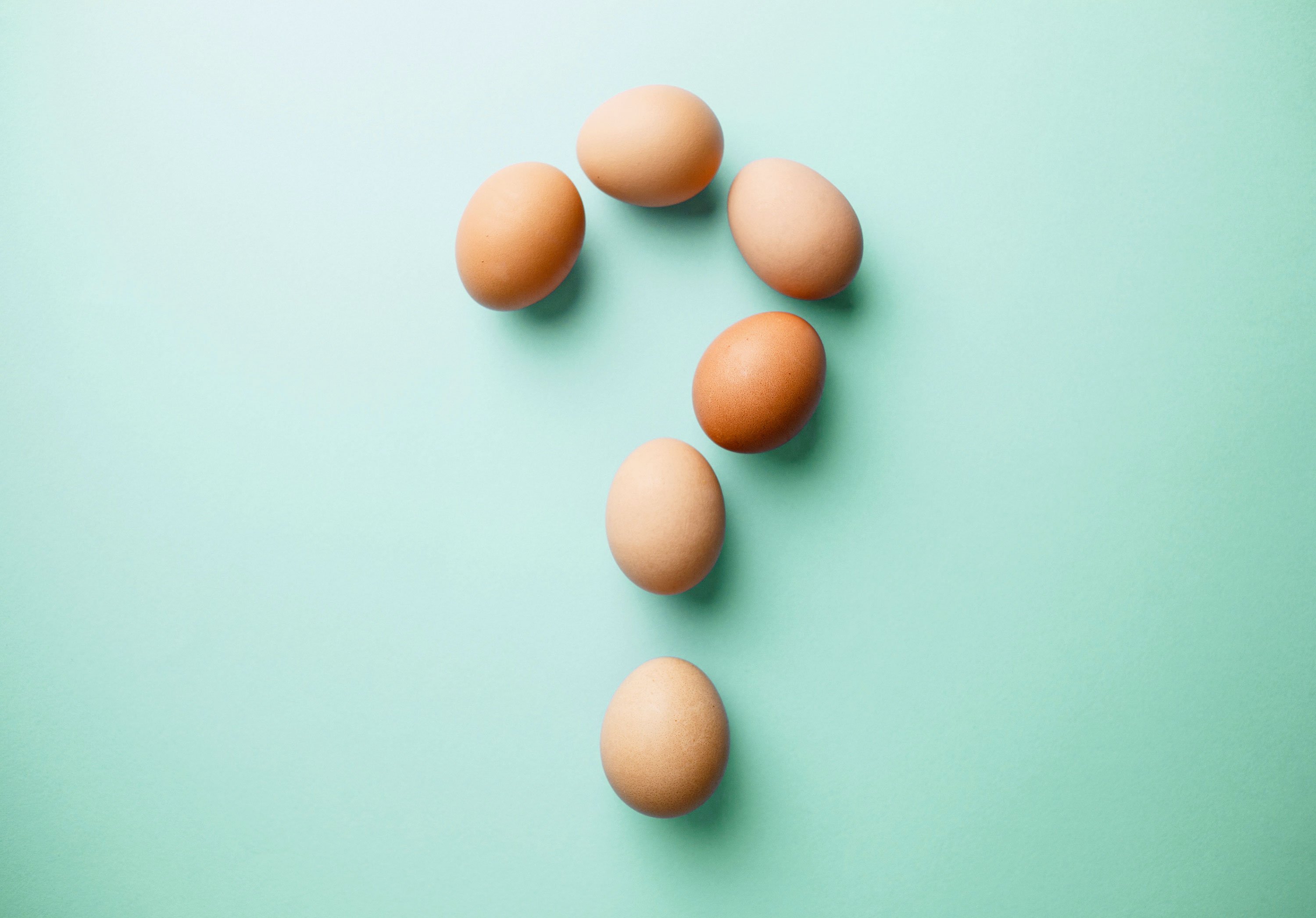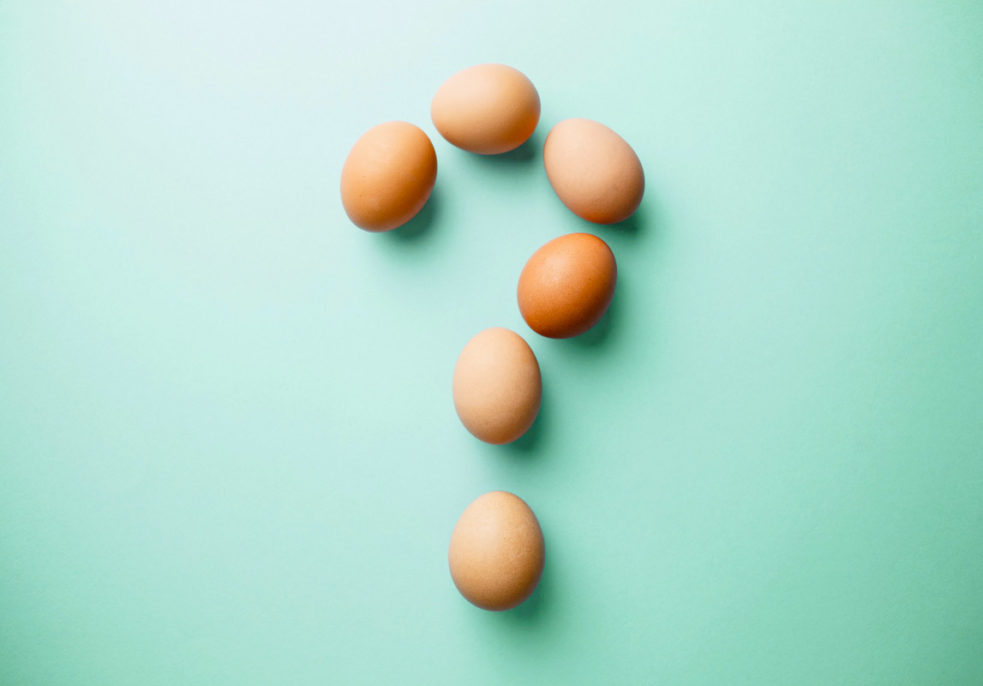
Don’t know wtf to eat anymore? Try these 4 steps
Feeling confident about what you eat seems to be a thing of the past. We’re bombarded with conflicting nutritional information and becoming obsessed. Here’s some simple steps to help you work out whats best for your body and regain trust in your self.
Wheat free, Gluten free, Grain free, Dairy free, Casein free, Lactose free, Paleo, Vegetarian, Pollotarian, Pescatarian, Ovo-lacto vegetarian, Vegan, Raw Vegan, Fruitarian, Nut free, Low Fodmaps, Sugar free, Gaps diet, Low Carb, Low fat, High protein, Keto diet, Specific carbohydrate diet, Alkaline diet, Blood type diet, Anti-candida diet, Ketogenic diet, Atkins diet, Low G.I, Low sodium, Macrobiotic, Mediterranean diet…..
The choice of diet and what to (and not) eat is so overwhelming it’s no wonder many people are confused and stressed out. Is this you also? One week you’ll read that something is good for you, then some ‘health expert’ will turn around and dispute it. Frustrating right?
Just so you know I’m most certainly not adding to this ocean of noise. In fact, I believe there is absolutely no ideal diet for everyone. And your ideal diet will change according to life circumstances – so even you won’t have an ideal diet.
Nutrition research is coming out in droves and has been influencing the rise of all sorts of dietary movements and health fads. I love delving into the latest research. However, I always make sure to pull myself back and see the bigger picture. I find that we often go quite far down the reductionist molecular pathway and lose perspective on what we’re dealing with – real people, with busy lives, and complex individual situations. Basically, don’t forget the holistic approach.
The concept of eating a healthy diet is one thing but eating a healthy diet for what your body needs is taking it to the next level. The saying “One man’s food is indeed another man’s poison” exists for good reason. Just because someone has an egg allergy doesn’t make eggs unhealthy. So what do you do if you’re unsure what the right foods are for your body and your health situation?
Follow these 4 simple steps to help you find out…
1. Go back to basics
As a general rule I recommend people start here. Aside from individual food allergies, intolerances and specific health conditions – a fresh whole-food diet is the best place to start for good health. That is: a variety of fresh vegetables & fruit; nuts & seeds; grains, legumes & beans; eggs, seafood & meat. When the bulk of your diet includes the majority of these foods, you are obtaining a cross-section of macro and micro nutrients to support your health – and as a bonus it leaves much less room for the treats, processed and packaged foods that end up contributing to poor health regardless of your health state. Investigative food journalist Michael Pollan, in his book ‘In Defense of Food’, which also has a great documentary, his take-home message is this: “Eat food. Not too much. Mostly plants.” Works for me.
2. Pay attention to your body
After eating each meal or snack, check in with your body and ask yourself ‘did this food sit well with me?’ Do I feel heavy, bloated and moody or do I feel more energised, light and calm? How does my digestive system feel? Do I feel irritated? Do I feel nourished? Do I feel satisfied?
Body awareness is a practice and once you get the hang of it you’ll feel so much more connected to your body – eventually being able to eat intuitively ie: knowing which foods will have you feeling nourished and which one’s make you feel pretty average so you do better avoiding them. Paying attention to your body is something only you can do so it’s worth working on this one.
3. Investigate with a practitioner
If you are managing a certain health condition and/or experiencing symptoms without a known diagnosis or assessment please don’t investigate this on your own (it will make you more stressed out). Make an appointment with a qualified health professional to guide you to the most suitable diet and nutrition plan for where you’re at – remember this doesn’t necessarily mean forever unless it’s a severe food allergy or intolerance. You could be experiencing uncomfortable digestive symptoms and need to go on a gut healing diet, or you may need to investigate with food intolerance testing, breath tests (for SIBO), blood tests for coeliac and/or be monitored on an elimination diet if you experience inflammatory conditions, mood disorders or other allergies. Whatever you need to do, approach it with kindness and curiosity.
For those that aren’t managing health conditions and just want to improve their general health and feel better – you’ll be sorted with Steps 1 & 2.
4. Don’t forget the other ‘stuff’
If you have physical symptoms or a health condition it is very easy to fall into the trap of looking only for a physical solution – which obviously includes what food you put into your body. Diet is only one part of the puzzle. It’s a very important one but not the only one. Your life circumstances, relationships, environment, body movement, emotional responses and spiritual outlook on life all contribute to your health situation so this is just a little reminder to please don’t forget this other ‘stuff’ in addition to eating well. In other words – you could eat the healthiest diet in the world but if you’re in an emotionally abusive relationship, holding onto painful grudges, working a job you absolutely despise, have no time to yourself and are burnt out – no diet will fix this.
Need a hand with knowing what to eat for your body? I happen to know a lot about food. And nutrition. And health conditions. And emotional/spiritual well being. It’s a great combo! Get in touch and we can chat through your options.
Share this Article


